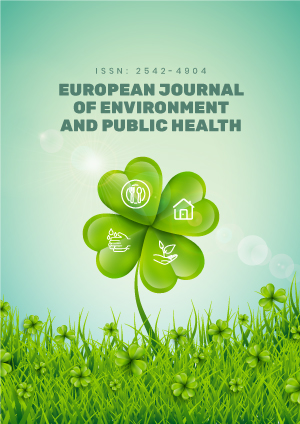Abstract
Worldwide, healthcare policy change ranks among the top three issues in the public’s consciousness. This study introduces a case study of pediatric hospitalizations at one hospital in Northern China. It seeks to assess whether pediatric hospitalization access, costs, and costs structures favorably changed after selected health policy reforms were implemented in China.
A census of all hospital pediatric discharge data from 2015 to 2018 were collected from a general public tertiary hospital in Northern China. Using generalized linear regression, changes in charges for length of stay, daily charges, total charges per discharge, and drug charges and medical service fees as a percent of total charges were analyzed as a function of two independent variables - policy changes regarding the merger of two health insurance programs, and the zero-markup drug pricing policy. These variables were included as dummy variables for the pre-and-post change periods. The covariates used included patient age, sex, and the year.
After the policy implementation, significant decreases (P<.01) were found in the length of the hospital stay (-0.49 days) and drug and medical charges (-7.63%) as a percent of total charges. A significant decrease also occurred (P<.01) in the number and percent of pediatric patients served who were self-pay after the merger of the NCMS insurance plan into the URBMI. Drug costs as a proportion of total costs also decreased significantly (P<.01). Thus, the findings revealed that the zero-markup drug pricing policy was associated with a significant decrease (P<.01) in the mean percentage markup for drug charges (P<.01).
Accordingly, both health policy changes were associated with positive effects on pediatric healthcare expenditures, and access. This research suggests that as these two policies are fully implemented at public tertiary hospitals throughout China, pediatric hospital care may become even more accessible and drugs less costly.
Keywords
License
This is an open access article distributed under the Creative Commons Attribution License which permits unrestricted use, distribution, and reproduction in any medium, provided the original work is properly cited.
Article Type: Research Article
EUR J ENV PUBLIC HLT, Volume 6, Issue 1, 2022, Article No: em0089
https://doi.org/10.21601/ejeph/11261
Publication date: 06 Oct 2021
Article Views: 3588
Article Downloads: 2103
Open Access References How to cite this article
 Full Text (PDF)
Full Text (PDF)